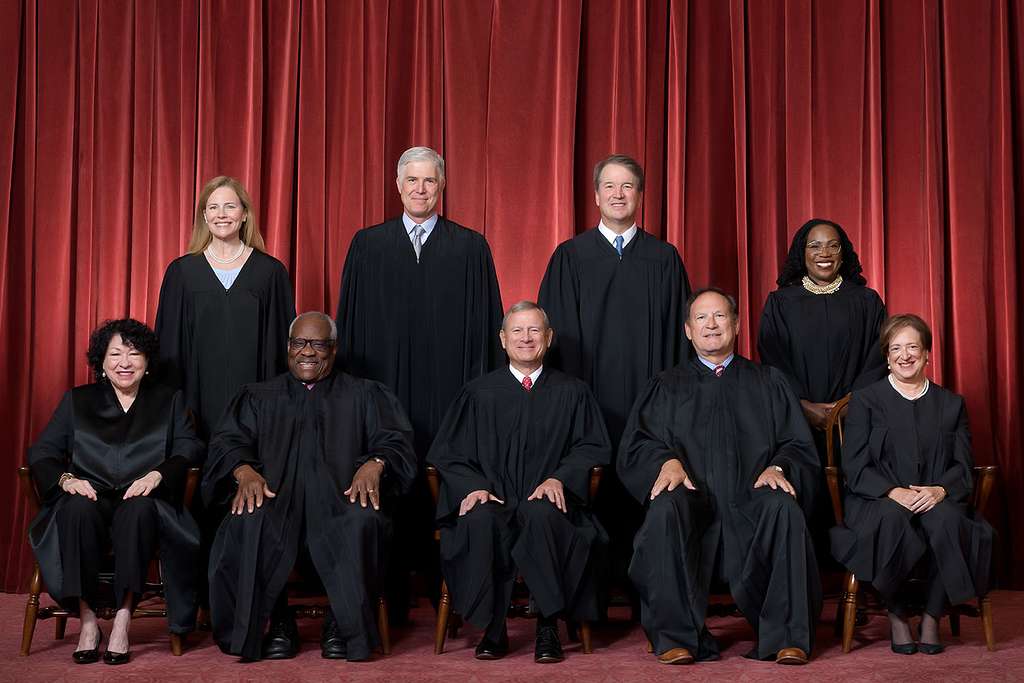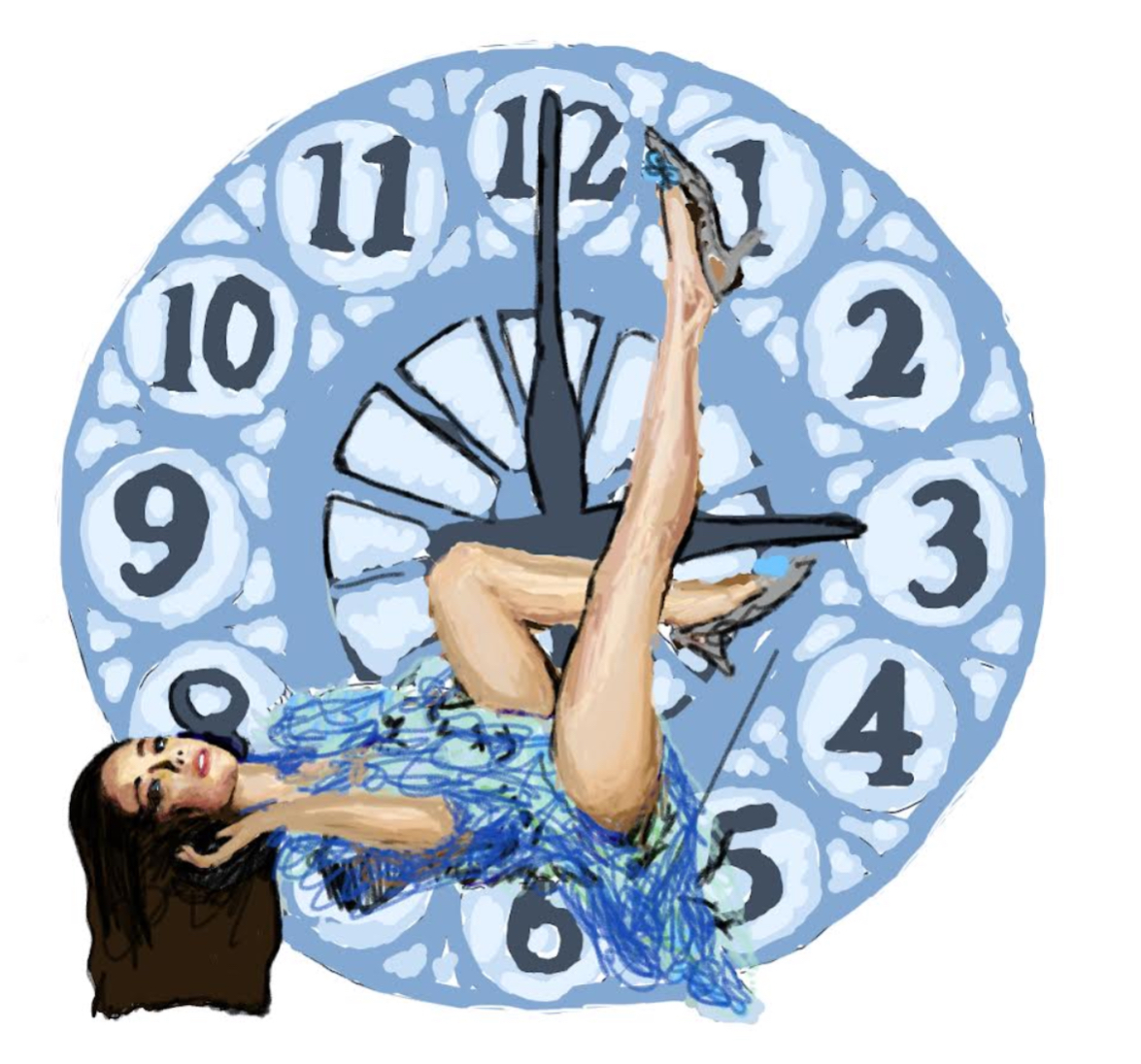Biopics have become a running joke among audiences, with no demand and a seemingly endless supply. So why do we keep making them? If you guessed money: ding ding ding, you’re right! Now, let me be fair. There have certainly been biographical pictures (the scientific name for biopic) that were well-made and well-received, such as Goodfellas, Catch Me If You Can, and Funny Girl. If you have ever had the pleasure of watching these, then you are aware of the creative liberties directors take when making a biopic; it is not a documentary, but a highly stylized story about a real person’s life. Despite this, most of the time, marketing for the movie will tell you that this is the real story, preying on the curious nature of our celebrity culture. A hallmark of the biopic is its title, almost always a single word, either the titular characters name or an inseparable part of their famous identity, i.e. Lincoln, Bohemian Rhapsody, and I, Tonya. In a definitive era of nostalgia where aesthetics rule over substance, a truly good biopic is harder and harder to find, as the pool becomes increasingly diluted with obvious cash-grabs with little thought or more importantly, respect, put into them.
This past year, Elvis and Blondedazzled the silver screen, to very mixed audience and critic reviews. In Elvis, director Baz Luhrmann brought his signature maximalist approach to the film, creating a visual experience that far overwhelms the lackluster plots and underdeveloped secondary characters, using the Cocomelon approach to filmmaking. The story glossed over the very real hurt and dispute over Elvis’ appropriation of the painfully underappreciated black artists and his more than creepy relationship with a teenage Pricilla Presley (she was 14 when the pair met- a fact tactfully left out in the picture), instead choosing to glamorize Elvis to a near propaganda extent. Despite this purposeful negligence, Luhrmann’s flashy film grossed 286 million USD worldwide so far, and is expected to receive many award nominations in the coming months, a level of success which nearly every half-decent biopic is guaranteed to garner.
Alternatively, Blonde was received harshly by the audience and critics alike, the film’s inherent exploitation leaving a bad taste in the mouth. Are the hundreds of other posthumous biographies that each promise to tell the ‘real story’ not enough? Her tragic life and death has been dragged through the mud for over 60 years now, is it impossible for us to just let her rest in peace? Blonde’s Marilyn is void of the charm and wit which made Monroe so special, instead opting for perpetual victimhood juxtaposed by her overt sexuality. Like many biopics before it, Blonde does not give the audience access to any new information, instead it cherry-picks the most dramatic (or made-up) ups and downs of Monroe’s life and wraps it in a big red bow, hoping that society’s obsession with the starlette will surpass the actual quality of the film.
Movie makers feel comfortable leaving gaps in biopics because they are counting on the fact that our obsession with knowing the ‘real life’ of the famous will smooth them over. More so, they are confident that the cards are in their favor when they take on a biopic, as an overwhelming amount of awards are given to biopics each year. Actors assuming the role of real life people have basically a 2:1 chance of winning a best actor award over their original role counterparts, despite more original roles being nominated overall. Oftentimes the reasoning behind this is the transformation actors undergo to perfectly imitate the image of the celebrity; rather than being judged as a standalone project, the actor is graded on how they compare to their real-life counterpart. Oscar-bait, more than any other ethical storytelling reason, is the driving force behind the unlimited output of biopics in recent years. And this, at least in recent years, is the plight of the biopic.




























